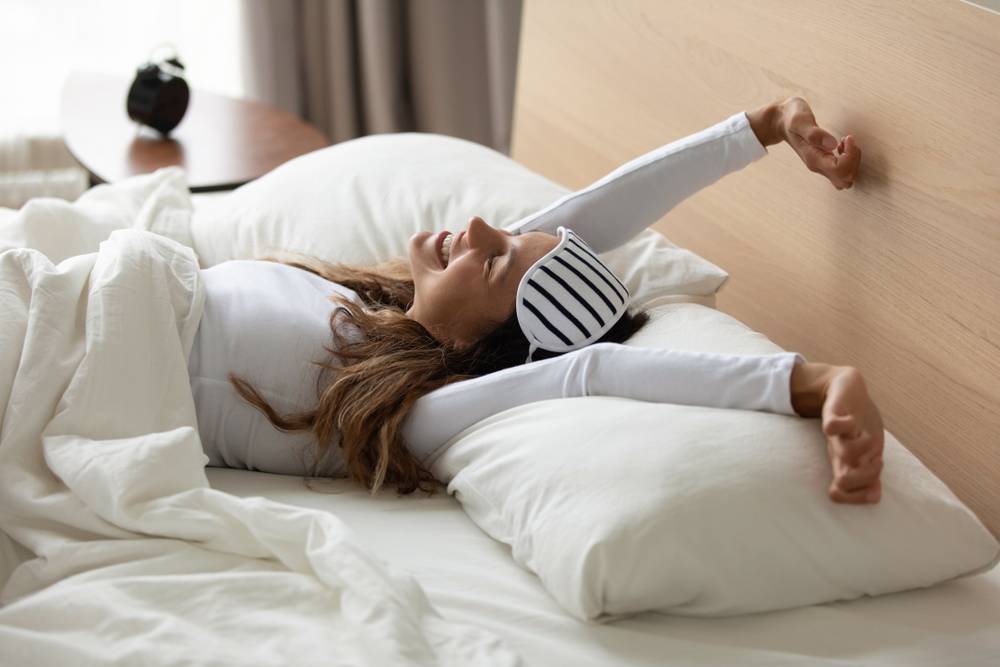Delve into the symbiotic relationship between sleep and diet, as what you eat could be the linchpin to unlocking nights of restful slumber
In our everyday life, sleep and diet are two vital elements. Your food choices impact your sleep quality significantly, and conversely, how you sleep affects your eating habits.
Work Culture: A Double-Edged Sword
A burgeoning aspect of the lifestyle in various parts of Asia is the scant amount of sleep that individuals tend to get. The culture of working late into the night is prevalent across many Asian societies, which has led to a large portion of the population not getting enough rest.
The issue of sleep deprivation is not only a matter of personal health but is increasingly being recognised as a public health concern.
The Link to Diet
Interestingly, there is a correlation between sleep patterns and dietary habits. Lack of sleep can lead to changes in hormones that regulate hunger and appetite. The hormone ghrelin, which stimulates appetite, tends to be higher when a person is sleep-deprived. Conversely, leptin, which signals the brain that the body is full, is lower when someone is not getting enough sleep. This imbalance often leads to increased cravings and consumption of high-calorie foods.
Diet Choices and Their Direct Effects on Sleep
Certain foods and drinks have been known to either promote sleep or hinder it. For instance, consuming caffeine and alcohol before bed can disrupt sleep patterns. On the other hand, foods rich in magnesium and melatonin, like nuts and cherries, can improve sleep quality.
Several studies have investigated the relationship between lifestyle behaviours and their impact on daytime sleepiness and sleep quality. One study found that the timing of alcohol, tobacco, and caffeine use can influence daytime sleepiness. The researchers observed that greater sleepiness was associated with alcohol use in the morning and at night, tobacco use in the afternoon and at night, and caffeine use during the latter part of the workday. However, it is worth noting that some of these use patterns may cause sleepiness, while others may be a consequence of existing sleepiness.
Our dietary choices and food intake have a significant impact on our sleep patterns and overall sleep quality. Research has shown that specific nutrients present in our diet can influence sleep. Caffeine can actually delay the sedative effects of alcohol. These findings highlight the direct influence of our diet on sleep, with certain foods and drinks promoting restful sleep while others hinder it. Incorporating foods that are rich in magnesium and melatonin, such as nuts and cherries, into our daily diet may contribute to better sleep quality and overall well-being.
A Closer Look at the Asian Diet
The traditional Asian diet, rich in rice, fish, and vegetables, may have certain benefits for sleep. For example, rice has a high glycaemic index, which has been linked to better sleep quality. However, modern Asian diets often include more processed foods and sugary drinks, which can negatively impact sleep.
Circadian Rhythm: The Biological Clock
Our bodies have a natural cycle known as the circadian rhythm. The foods we eat and the timing of our meals can influence this rhythm and, in turn, affect our sleep.
To enhance sleep quality, it is crucial to be mindful of diet choices. Some strategies include having a balanced diet, reducing intake of stimulants, and eating meals at regular intervals.
Key Takeaways
Understanding the profound connection between sleep and diet can lead to improvements in both areas of life. Where modern lifestyle often clashes with traditional eating habits, being conscious of how our food choices impact our sleep quality is particularly important.
References
- Tremblay, S., Dallaire, R., Toure, M., Barreau, C., Gallardo, R., Ampleman, G., & Fournier, I. (2022). Caffeine Delays Ethanol-Induced Sedation in Drosophila. Journal of Pharmacology and Experimental Therapeutics, 374(3), 487-495.
- Tubbs, A. S., Rosenthal, M. Z., Roy, M. J., Roberson-Nay, R., & Klein, D. N. (2020). Habitual Daytime Sleepiness and the Timing of Use of Alcohol, Tobacco, and Caffeine. Journal of Clinical Sleep Medicine, 16(1), 105-113.
- Utami, D. K. I., Tranggono, U., Arisugianto, M., & Nur, M. (2023). Effect of Food Intake on Sleep: Mechanisms and Recommendations. International Journal of Food Science, 2023, 1-10.

